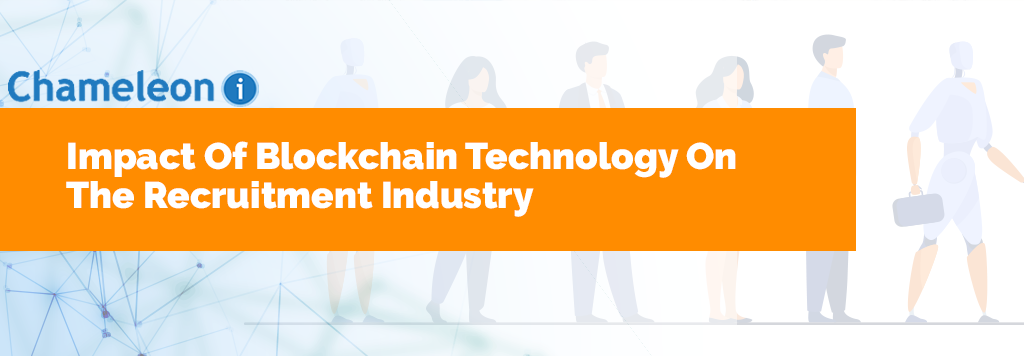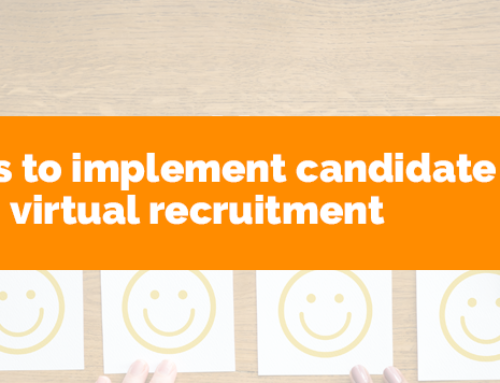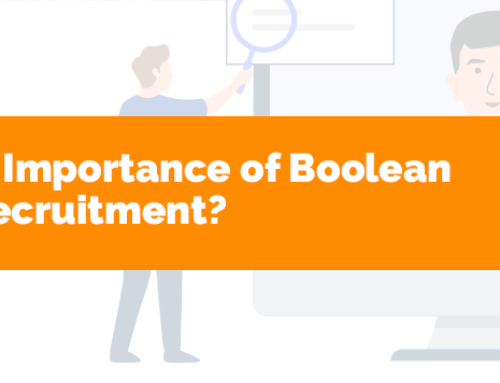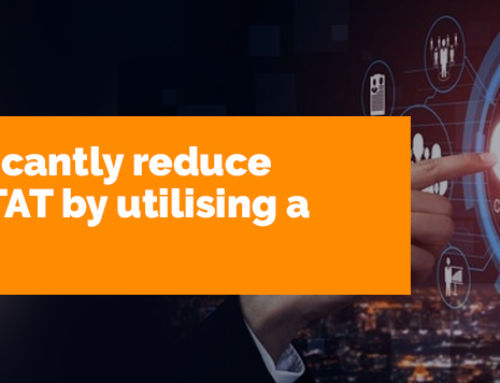Blockchain technology is experiencing rapid and ongoing growth in many sectors throughout the world. In the recruitment industry, blockchain technologies are now promising to play a part in the web-based recruitment software solutions that are used.
Blockchain technology and its role in web-based recruitment software
Many people associate Blockchain technologies with cryptocurrencies, but it is in fact the underlying digital ledger technology on which any information type can be recorded. This digital ledger maintains cryptographically linked records, distributed across a global computer network.
The point of this is to provide an immutable record of the journey of a piece of information — a little like a digital time-stamp. This brings trust through authentication, verification and traceability of the information stored in a blockchain.
In terms of web-based recruitment software, potential applications of blockchain technology throughout the recruitment process are myriad. There are many pieces of information that are collected about a candidate that inevitably require some form of verification or authentication. Educational credentials, references, professional certificates, and background checks are just some of the types of information that must be verified during a recruitment campaign.
These types of checks are traditionally the manual responsibility of recruiters, applicants themselves and of third parties. This might involve making telephone calls, communicating with third parties, or uploading documents. These activities, collectively, take up time and can hold up the recruitment process at various stages.
Benefits of blockchain for web-based recruitment software
If CRM software were to integrate with blockchain technology, accurate and verifiable records could be kept of such information with far less human intervention. If a blockchain account were available to candidates, then any information that needed to be verified could be easy to manage.
Often, verification can involve the inclusion of third party companies. This is true with criminal background checks, for example. There can often be considerable delays in the recruitment process when awaiting feedback from third parties, which can really be a problem when rapid onboarding is required.
However, the benefits are not just restricted to time-saving. It is often the case that information can go completely unverified, as can be the case with candidate CVs. It is difficult, if not impossible, for every detail on a CV to be verified, leaving the door open to less honest applicants.
Enhancing the reliability of information upon which recruitment decisions are based makes for more effective recruitment campaigns, as the candidates are better matched to the role for which they are applying. This can save time and money in the long run, avoiding the costs associated with hiring candidates that are not capable of successfully fulfilling their new role.
To conclude, once candidates have the use of blockchain’s secure and decentralised data storage capabilities, and grant access to recruitment software systems, transparency and trust can flourish and the workflow of the recruitment process will progress unimpeded. The ability of the CRM software to function to the best of its ability means a considerably more streamlined experience for both candidate and the recruiter.







